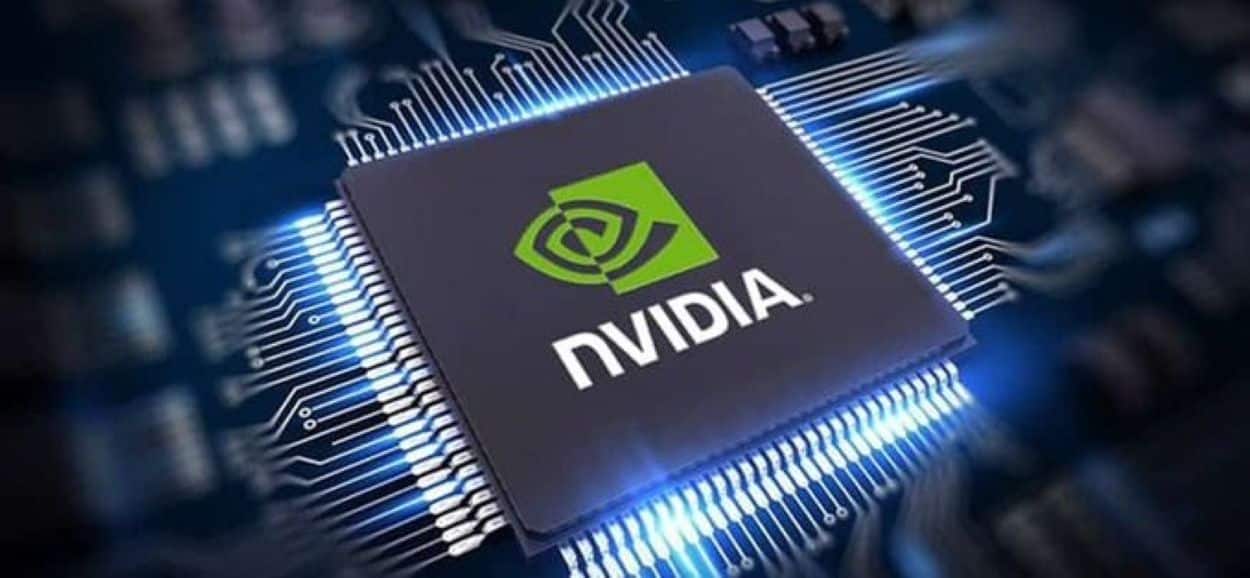On August 19, 2025, Nvidia announced the development of a new AI chip tailored for the Chinese market, designed to comply with U.S. export restrictions while offering superior performance to the H20 GPU. According to Reuters, this chip, tentatively named the B30A, is based on Nvidia’s advanced Blackwell architecture but delivers approximately half the computing power of the flagship B300 accelerator.
The B30A, utilising a single-die design, outperforms Nvidia’s H20, which is based on the older Hopper architecture. Unlike the B300’s dual-die configuration, the new chip uses conventional GDDR7 memory instead of high-bandwidth memory (HBM), reducing costs and complexity. Priced between $6,500 and $8,000, it is 30-40% cheaper than the H20’s $10,000-$12,000 range, making it a competitive option in China’s AI market.
Nvidia is developing a new AI chip for China based on its latest Blackwell architecture that will be more powerful than the H20 model it is currently allowed to sell there. More here: https://t.co/846uKwimBw pic.twitter.com/t6lrmx782X
— Reuters Business (@ReutersBiz) August 19, 2025Nvidia’s development of the B30A responds to U.S. restrictions that banned H20 exports in April 2025 due to its high memory bandwidth. The new chip, with a bandwidth of 1,398 gigabytes per second, falls just below the 1.4 terabyte threshold, ensuring compliance. Nvidia aims to begin delivering test samples to Chinese clients by September 2025, with mass production potentially starting as early as June.
Despite a drop in market share from 95% to 50% in China since 2022 due to export curbs, Nvidia remains a key player. The B30A, built on the Blackwell architecture, is expected to compete with domestic rivals like Huawei’s Ascend 910B while maintaining Nvidia’s edge through its CUDA platform. The chip may also support NVLink for high-performance AI clusters, enhancing its appeal.
The U.S. government’s export controls aim to limit the transfer of advanced AI technology to China, citing national security concerns. However, Nvidia’s strategic pivot to a tailored chip underscores its commitment to retaining a foothold in China’s lucrative market. Analysts suggest that while the B30A is less powerful, its efficiency and cost-effectiveness could drive significant demand.






